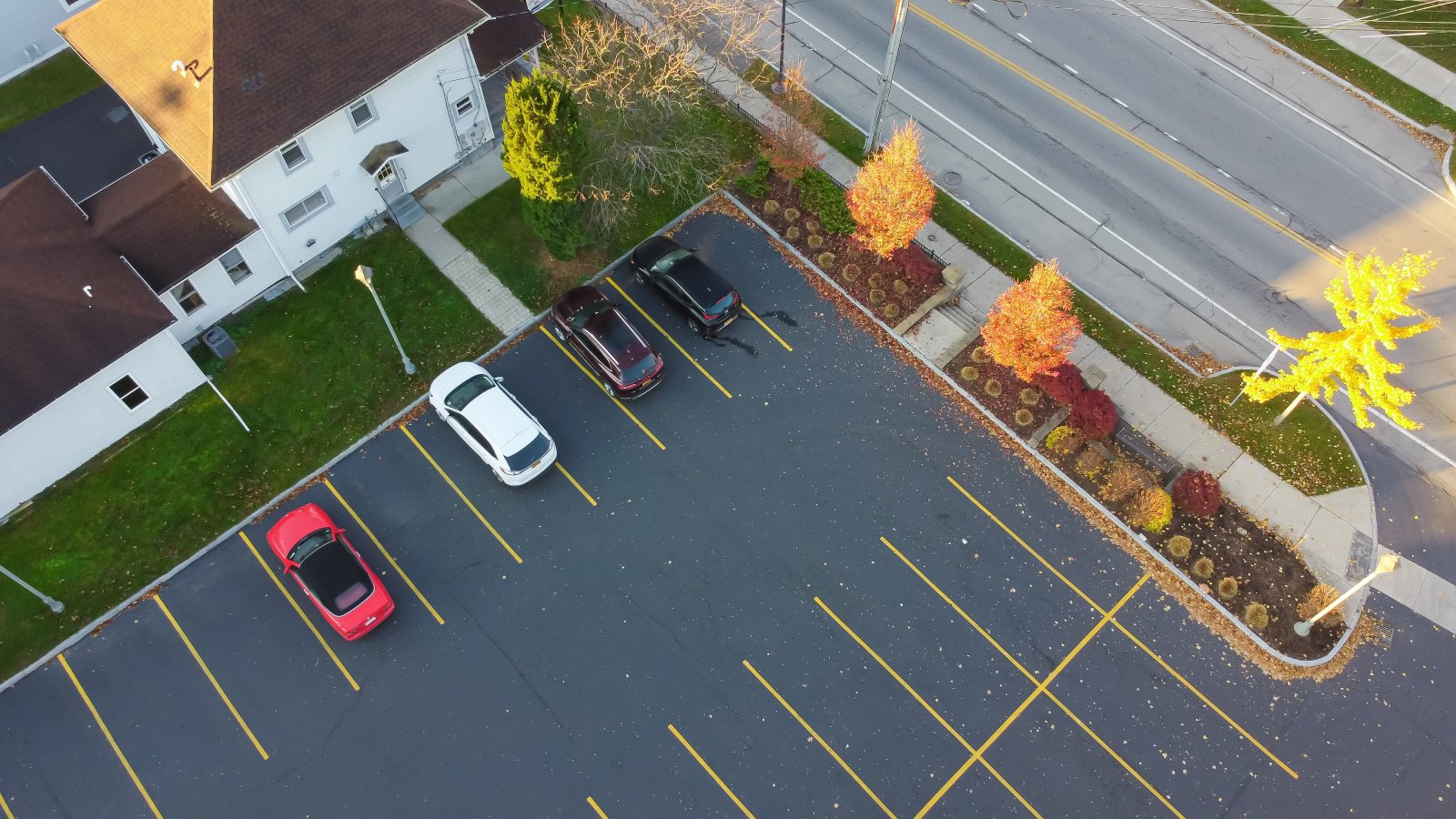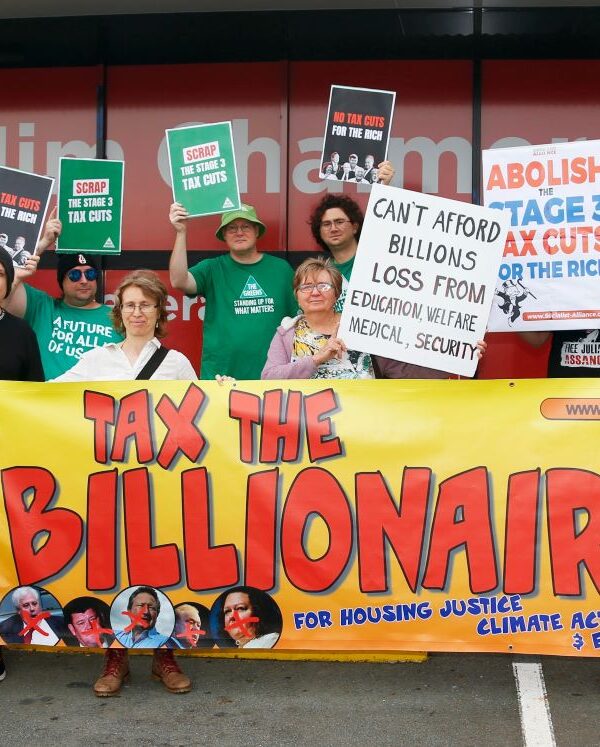If you’re renting in a big city, you might have noticed rents dropping faster than you can say “lease renewal.” But for landlords, this trend is anything but good news. Let’s dig into why this is happening, how it’s affecting the market, and what landlords are doing to survive.
Pandemic: The Game-Changer for Housing

COVID-19 didn’t just upend our lives—it flipped the rental market on its head. With remote work taking off, people no longer felt tied to expensive city centers. A mass exodus from urban areas began, with many choosing more affordable and spacious living situations elsewhere. According to a Zillow report, cities like New York and San Francisco saw rents drop by as much as 20% at the height of the pandemic. This sudden drop in demand hit landlords hard, especially those used to steady rent increases.
Oversupply: Too Many Apartments, Not Enough Renters

In the years leading up to 2020, developers were on a building spree, especially in luxury apartments. The U.S. saw nearly 400,000 new apartment units in 2020, according to RentCafe. But when renters fled cities, these shiny new apartments sat empty. Landlords found themselves with too many units and not enough tenants, leading to rent reductions and incentives like free rent months to attract new renters.
Remote Work: The New Normal?

Remote work isn’t just a temporary trend; it’s shaping the future of where people live. With companies like Google and Facebook allowing permanent remote work, many tech workers are choosing to leave pricey tech hubs like Silicon Valley. This “tech exodus” has driven rents down significantly. The San Francisco Chronicle reported that rental prices in the city dropped by nearly 25% in 2020, a massive shift for landlords accustomed to high demand.
Shift in Power: Renters Now Hold the Cards

For years, landlords have been able to raise rents at will because demand outstripped supply. But with more vacancies and lower demand, renters now have the upper hand. A survey by Apartment List found that nearly 30% of renters who moved during the pandemic did so to find cheaper rent. This shift is forcing landlords to not only lower rents but also offer more flexible lease terms and perks just to keep their units occupied.
Incentives Galore: Landlords Get Creative

To keep tenants or attract new ones, landlords are getting creative. From offering several months of free rent to paying for moving expenses, the incentives are piling up. In some cities, renters are getting deals that would have been unheard of just a few years ago. These perks are great for renters but cut into landlords’ bottom lines.
Property Values: A Slippery Slope

When rents fall, property values often follow. For landlords who bought properties at the peak of the market, this is bad news. A report from Moody’s Analytics suggests that property values in major cities could drop by as much as 10% if rent prices continue to decline. This impacts not just monthly income but also long-term investments.
Impact on Investors: Re-Evaluating the Market

For real estate investors, the dropping rents and declining property values mean rethinking investment strategies. Some are holding off on purchasing new properties, while others are looking at different markets altogether. The days of guaranteed returns in big cities might be over, at least for now.
The Suburban Boom: Where Are Renters Going?

Image Credit: Shutterstock / Trong Nguyen
As renters leave the cities, they’re heading to the suburbs and beyond. According to the National Association of Realtors, suburban and rural areas have seen a significant increase in demand, with some regions experiencing price hikes as high as 10%. This suburban boom is creating new opportunities—and new challenges—for landlords.
Short-Term Rentals: A New Strategy?

Some landlords are shifting their focus from long-term to short-term rentals, especially in popular vacation areas. With platforms like Airbnb seeing a resurgence, this strategy is appealing to landlords looking to maximize their income. However, it comes with its own set of risks and challenges, including fluctuating demand and increased regulations.
Regulatory Challenges: Cities Respond

As rents drop, some cities are considering new regulations to stabilize the market. Rent control measures, eviction moratoriums, and other tenant protections are being discussed or implemented in various cities. While these regulations aim to help renters, they add another layer of complexity for landlords already struggling to make ends meet.
What’s Next for Urban Living?

Will city rents bounce back, or is this the new normal? Experts are divided. Some believe that as cities recover from the pandemic and offices reopen, demand for city living will return, stabilizing rents. Others argue that the remote work trend is here to stay, meaning we might not see a return to pre-pandemic rent levels anytime soon.
The Political Angle: Government Response

State and local governments are keeping a close eye on the rental market, with some already stepping in with policies aimed at stabilizing rents. From stimulus checks to eviction moratoriums, these measures have had mixed results. The question remains: Will government intervention help or hurt the market in the long run?
Long-Term Outlook: A New Era for Landlords?

With all these changes, landlords are facing a new reality. Some are selling off properties, while others are holding on and hoping for a rebound. The key to survival in this new era will be adaptability—landlords who can pivot and adjust to the changing market will be the ones who come out on top.
Millennials Are Over It: 25 Reasons Woke Culture Is Losing Its Charm

Has the push for progress tipped too far into preachiness? Here’s why many Millennials might think so. Millennials Are Over It: 25 Reasons Woke Culture Is Losing Its Charm
Is It Time Boomers Paid the Price for America’s Economic Inequality?

The American Dream feels more elusive than ever, especially for younger generations. What was once achievable through hard work now faces significant hurdles, from skyrocketing college costs to the challenging pursuit of homeownership. Here’s a look at why it’s tougher for Millennials and Gen Z compared to Baby Boomers. Is It Time Boomers Paid the Price for America’s Economic Inequality?
Rent Crash in California: Landlords Scramble as Prices Take a Hit

California’s rental market is taking a nosedive, with major cities seeing huge drops in rent prices. Rent Crash in California: Landlords Scramble as Prices Take a Hit
Featured Image Credit: Shutterstock / Stock-Asso.
The content of this article is for informational purposes only and does not constitute or replace professional advice.
The images used are for illustrative purposes only and may not represent the actual people or places mentioned in the article.
For transparency, this content was partly developed with AI assistance and carefully curated by an experienced editor to be informative and ensure accuracy.





Leave a Reply